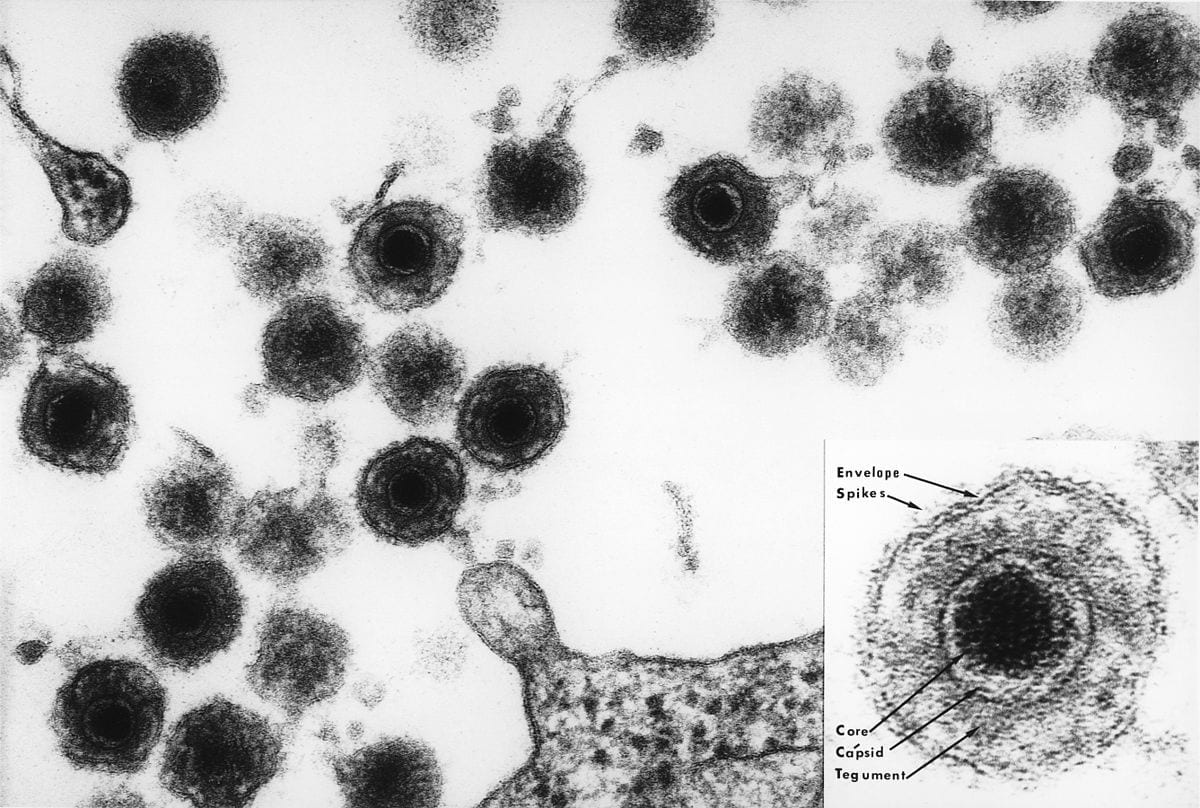
According to the National Institute of Mental Health (NIMH), 4.4 percent of the population of the United States will have bipolar disorder at one point in their lives.
Another 16.2 million, or around 6.7 percent of all U.S. adults, will experience at least one episode of severe depression in their lives.
While the precise causes of such, often debilitating, psychiatric conditions remain unknown, scientists do know that both genes and the environment play a role.
For instance, a recent study identified 44 genetic loci thought to raise the risk of depression, while another has suggested that 80 percent of schizophrenia risk can be attributed to genes.
New research that now appears in the journal Frontiers in Microbiology highlights the fact that environmental factors such as viruses may be the driving force behind these disorders.
An international team of scientists led by Bhupesh Prusty — from the Department of Microbiology at the University of Würzburg in Germany — discovered that in the brains of people who lived with bipolar and major depression, a class of neurons called Purkinje cells was infected with the herpesvirus HHV-6A.
Purkinje neurons are inhibitory brain cells located in the human cerebellum, which is the brain area responsible for controlling movement, muscles, balance, and posture.
However, some research has also tied this brain region to language, cognition, and mood.
How HHV-6 may cause depression, bipolar
Prusty and team started from the hypothesis that the human herpesviruses HHV-6A and HHV-6B may drive the development of psychiatric disorders.
So, they examined two large cohorts of brain biopsies from the Stanley Medical Research Institute in Kensington, MD.
“We were able to find active infection of HHV-6 predominantly within Purkinje cells of human cerebellum in bipolar and major depressive disorder patients,” Prusty reports.
The Latest on: Herpesvirus HHV-6A
[google_news title=”” keyword=”herpesvirus HHV-6A” num_posts=”10″ blurb_length=”0″ show_thumb=”left”]
via Google News
The Latest on: Herpesvirus HHV-6A
- Feed has no items.
via Bing News











